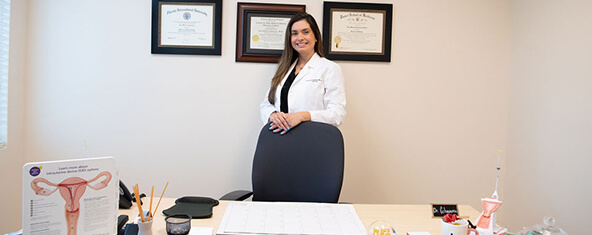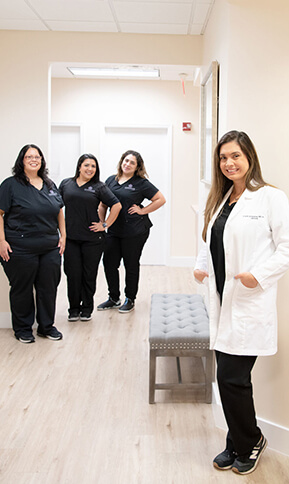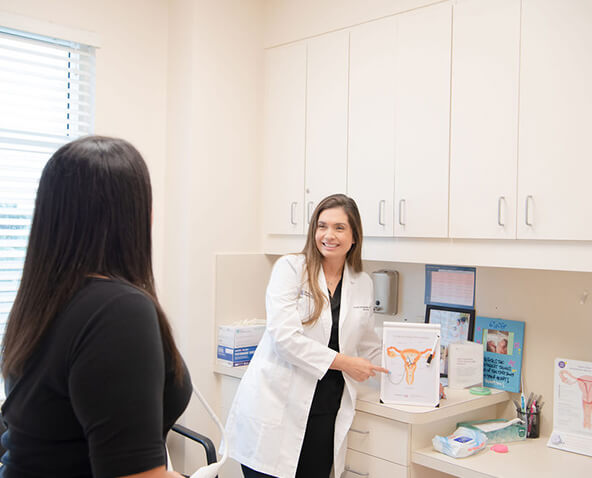Lina Echavarria MD LLC
Commitment, because my patients are like family. Dr. Lina Echavarria has an unwavering commitment to her patients and is committed to making every patient, young or old, feel safe and at ease when attending a consultation.
OFFICE HOURS
Mon – Thu 9:00am – 5:00pm
Fri 8:00am – 2:00pm
Additional: Also Offering Telemedicine
OFFICE HOURS
Mon – Thu 9:00am – 5:00pm
Fri 8:00am – 2:00pm
Additional: Also Offering Telemedicine
ABOUT US
Dr. Lina Echavarria is one of the most prominent OB/GYN’s in the area, with 10+ years of experience. After working at other hospitals and practices she recently decided to open her own practice, with the principles of trust, safety, comfort, and humanity. Dr. Echavarria will be happy to answer your questions and attend you as best as only she can.
OUR SERVICES
PATIENT FEEDBACK
By far the best OB/GYN! When I first started my pregnancy I went to another doctor who was horrible. Decided to come to Dr. E after various recommendations from friends. Dr. E gave me the best pregnancy experience from start to finish. On delivery day, I felt like Dr. E was a friend instead of my Doctor. So caring and involved in every step. It is hard to find a Doctor now in days with her bedside manner and knowledge. She is definitely one of a kind.
Dr.E is amazing!! She feels more like a friend than a doctor. Always makes sure you understand thoroughly what she is explaining to you and never fails to ask you if you have any questions or concerns before you leave. She is super passionate about her job, takes her time with you and makes you feel so comfortable throughout the entire process. This is my second pregnancy with her and would use her every time!!
Dr. Echavarria herself is one of the best doctors I have ever come across hands down. She is patient, has a passion for her work, and is knowledgeable. She really takes the time to care for you. She investigates every little thing and makes sure you understand and are comfortable. This to me is very valuable and I appreciate her.







